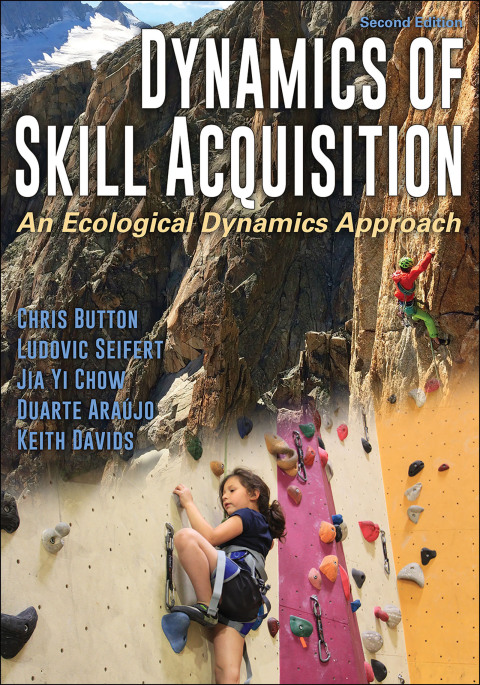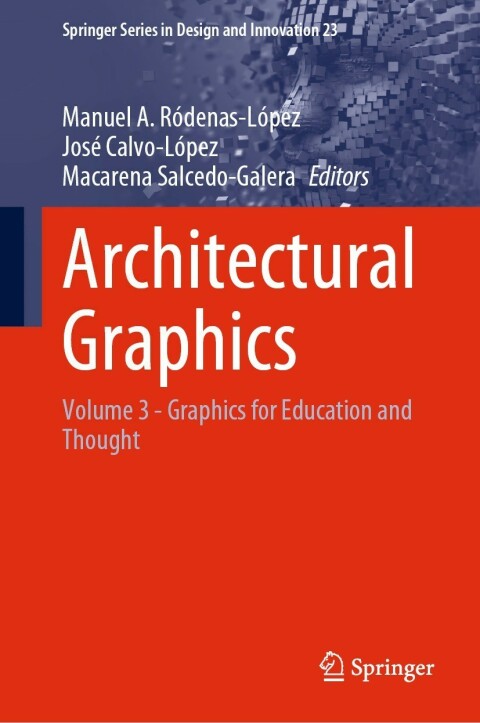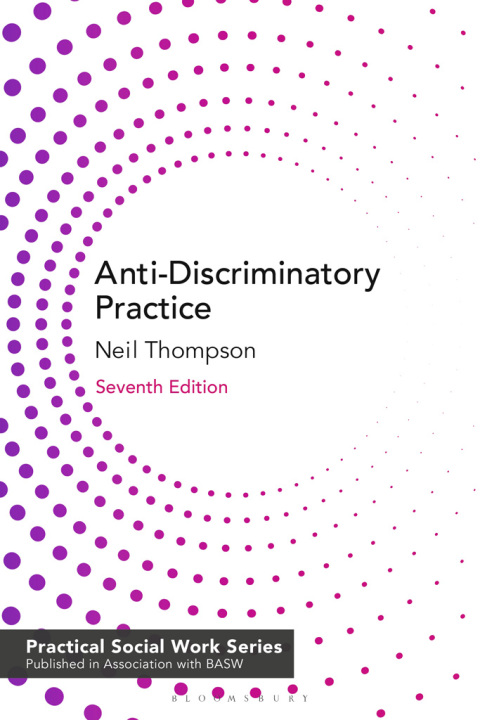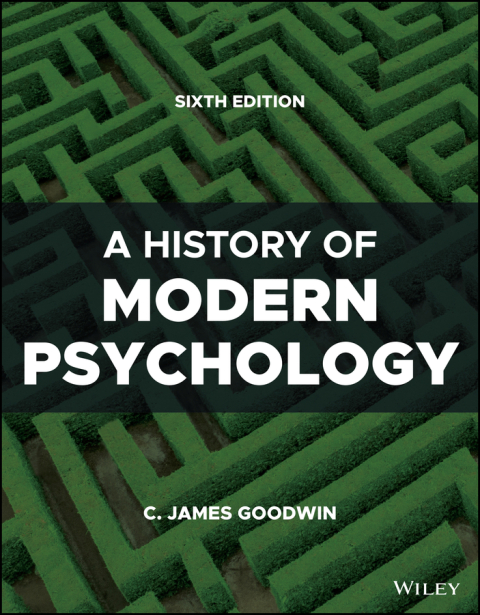Description
Efnisyfirlit
- Title Page
- Copyright
- Contents
- Preface
- Acknowledgments
- Chapter 1. Athletes and Sports Teams Considered as Complex Adaptive Systems
- The Ecological Dynamics Theoretical Framework
- Learning Design in Ecological Dynamics
- Transfer Conceptualized in Ecological Dynamics
- Summary
- Chapter 2. Physical Constraints on Coordination: Dynamical Systems Theory
- Complex Systems: A Definition
- Constraints on Complex Systems
- Emergent Behavior in Human Movement
- Constraints and Movement Coordination
- Coordinating Degrees of Freedom in the Human Movement System
- Summary
- Chapter 3. Informational Constraints on Coordination: An Ecological Psychology Perspective
- Conditions for a Satisfactory Theoretical Account of Coordination
- Information
- Affordances
- Information-Movement Coupling
- Perceptual Learning and Attunement
- Haptic Constraints on Movement
- Acoustic Constraints on Movement
- Summary
- Chapter 4. Intentionality, Cognition, and Decision Making in Sport
- Intelligent Behavior
- Ecological Cognition
- Decision-Making Behavior Emerges From Performer-Environment Interaction
- Summary
- Chapter 5. Understanding the Dynamics of Skill Acquisition
- Constructing the Perceptual-Motor Landscape
- Assessment of Learning
- Summary
- Chapter 6. How Interacting Constraints Support a Nonlinear Pedagogy
- Ecological Scale of Behavioral Analysis
- What Is Nonlinear Pedagogy? Key Design Principles
- What Does This Mean for the Teacher and Learner?
- Summary
- Chapter 7. Redefining Learning: Practical Issues for Representative Learning Design
- Newell’s Model of Motor Learning
- Is the Stage Model of Learning Universal?
- Learning Redefined From an Ecological Dynamics Approach
- Key Features of Learning: Issues for Representative Learning Design
- Summary
- Chapter 8. Designing Individualized Practice Environments
- Individual Differences in Skill Acquisition
- Affective Learning Design
- Focus of Attention: Remaining in the Moment
- How Practitioners Work With Individual Differences
- Summary
- Chapter 9. Practice for Sports Teams
- Global-to-Local and Local-to-Global Self-Organizing Tendencies
- Summary
- Chapter 10. Modified Perceptual Training for Athletes
- What Is Modified Perceptual Training and Why Do It?
- Manipulating Vision
- Summary
- Chapter 11. Practitioners as Designers
- Case Studies
- Summary
- Chapter 12. Expertise and Talent Development in Sport
- Transfer in Learning: Where Does Generality and Specificity of Transfer Originate?
- Summary
- Glossary
- References
- Index
- About the Authors






Reviews
There are no reviews yet.